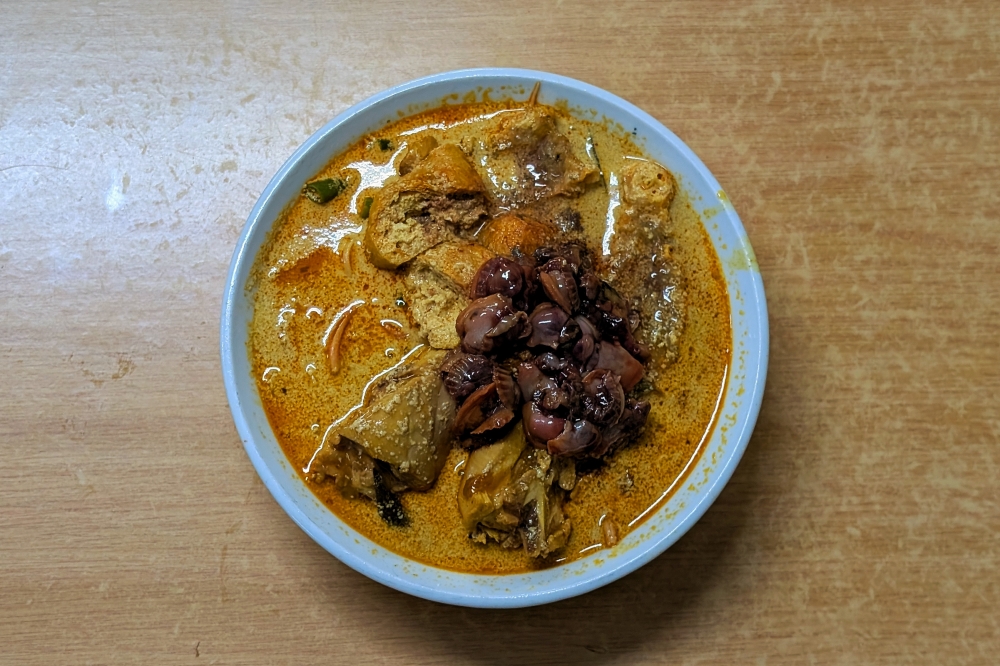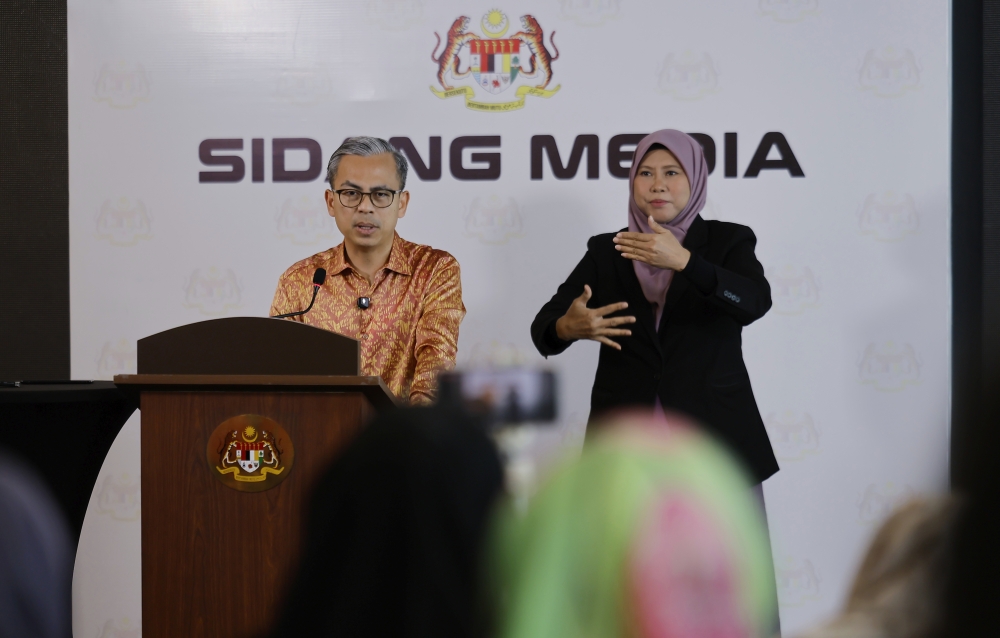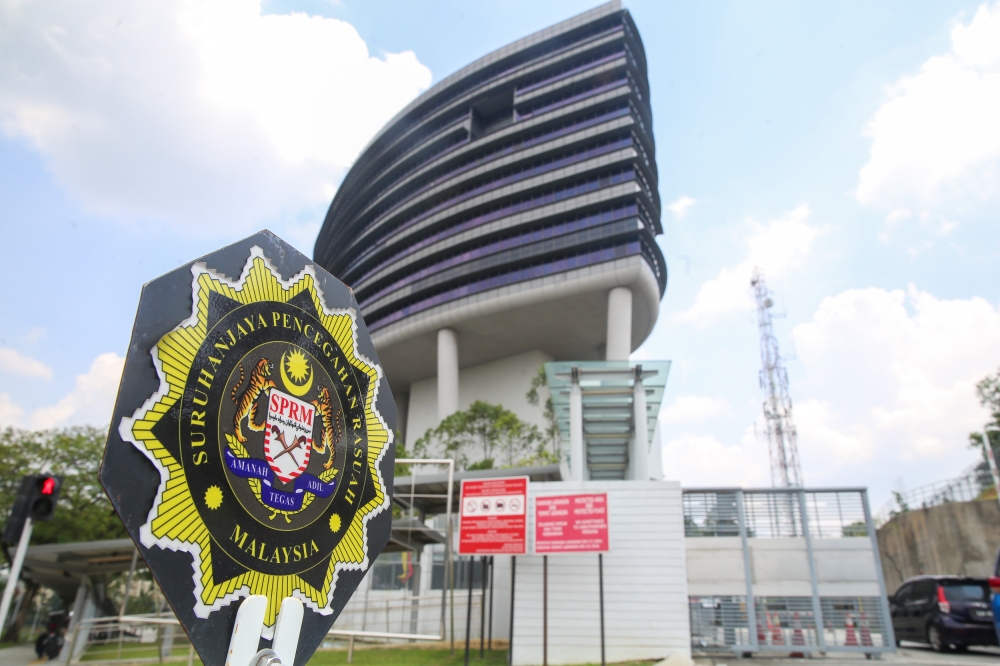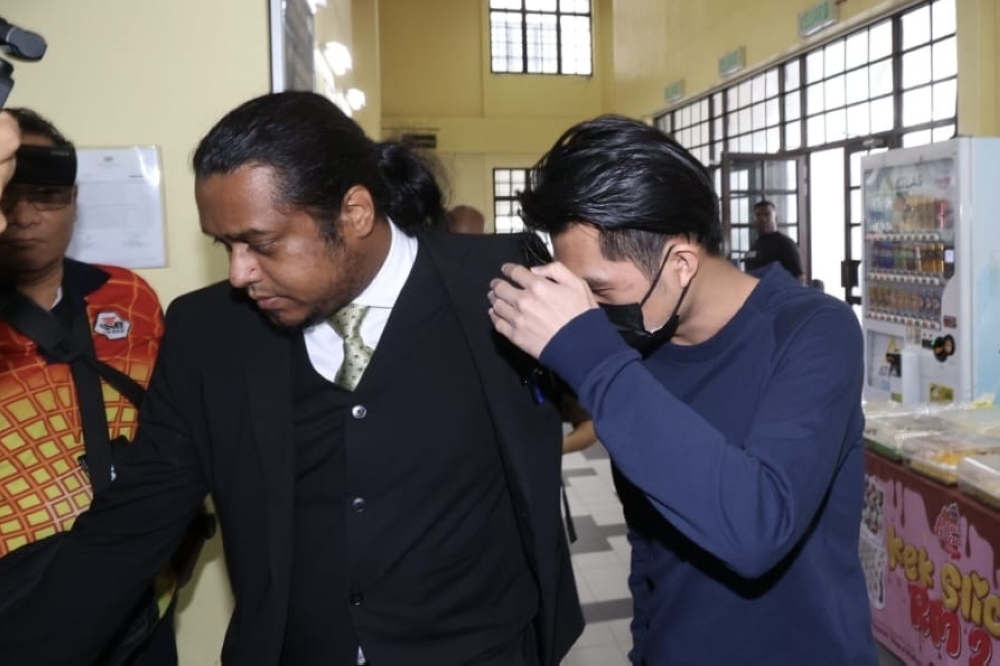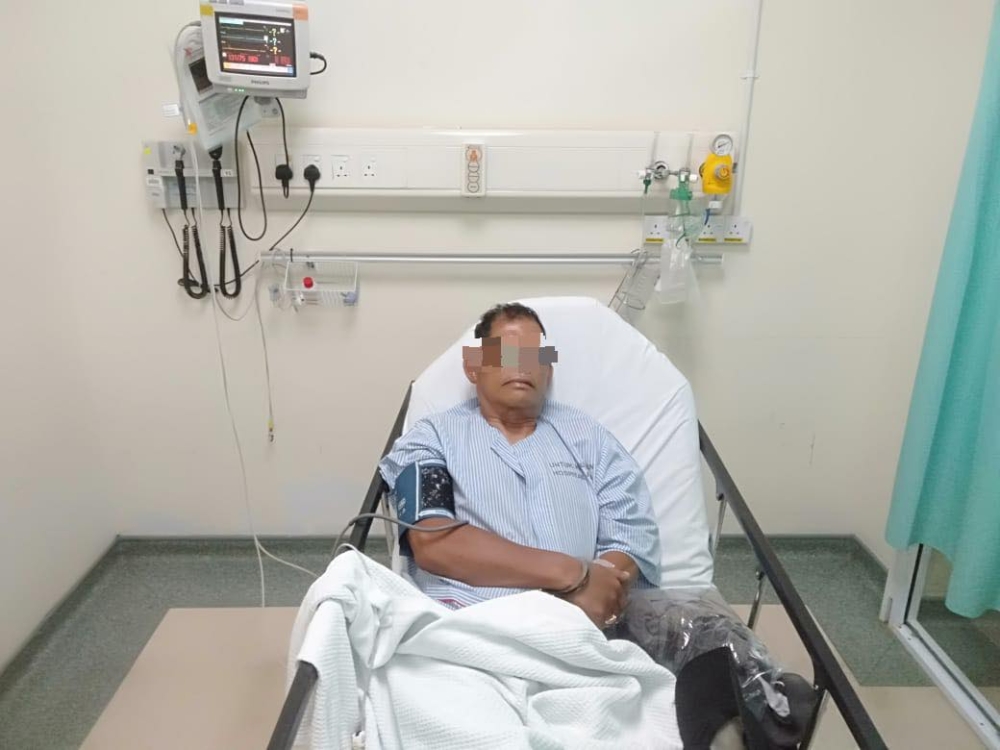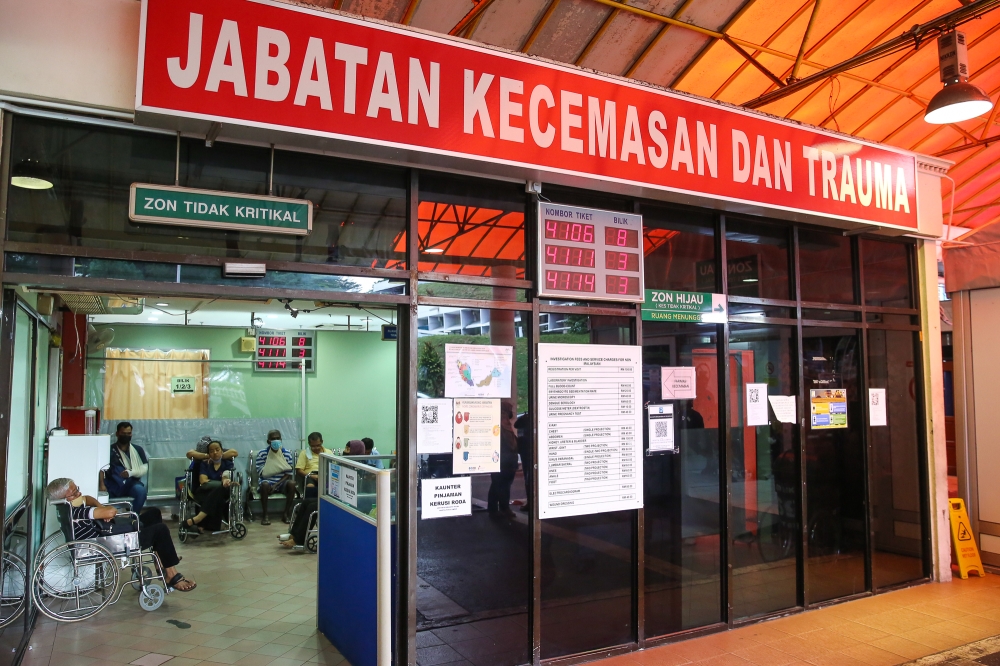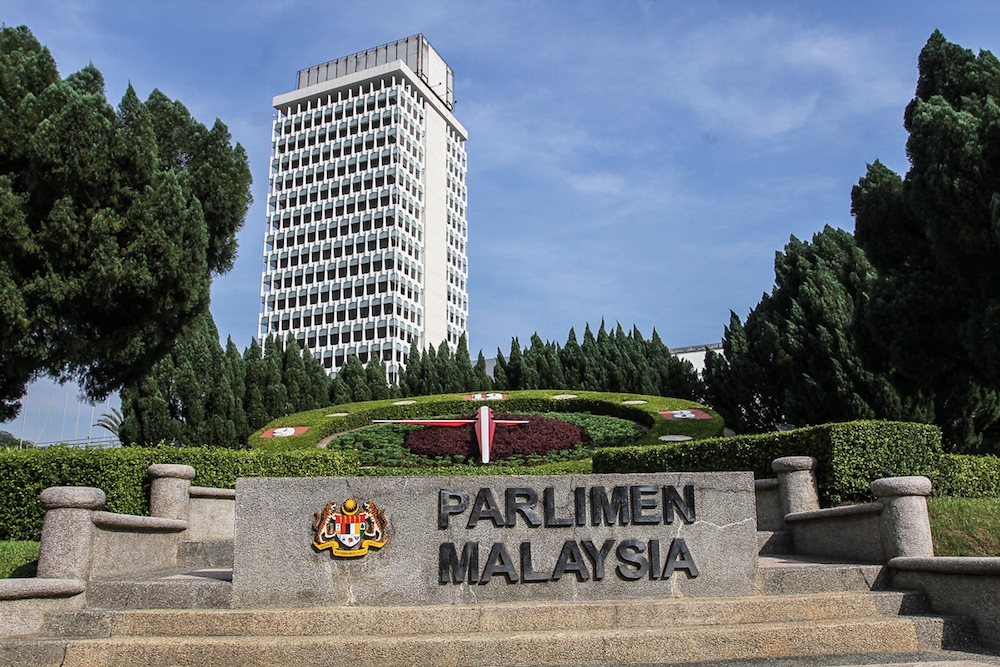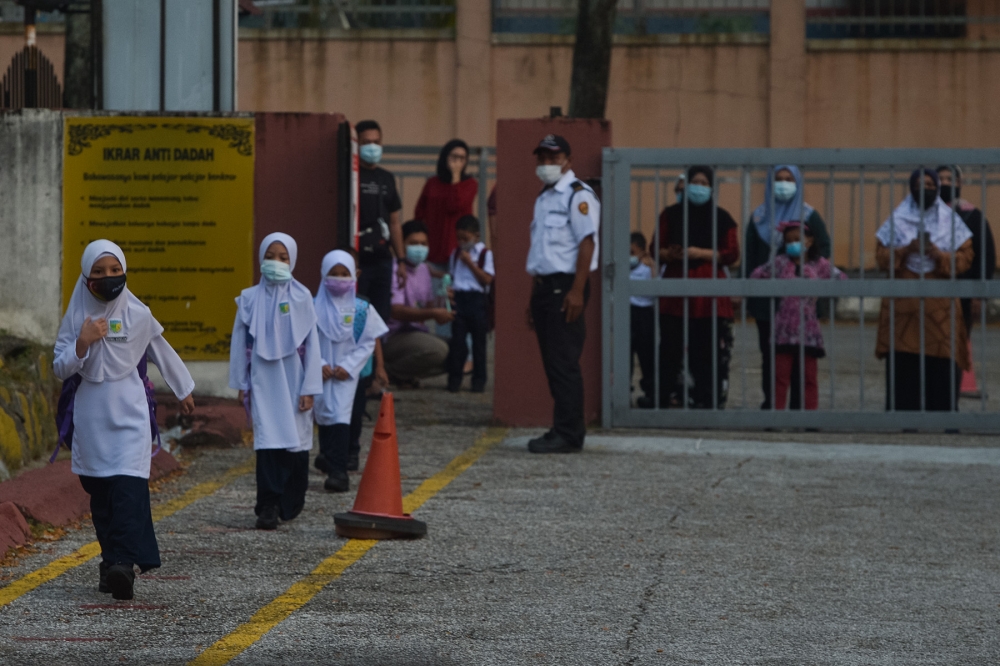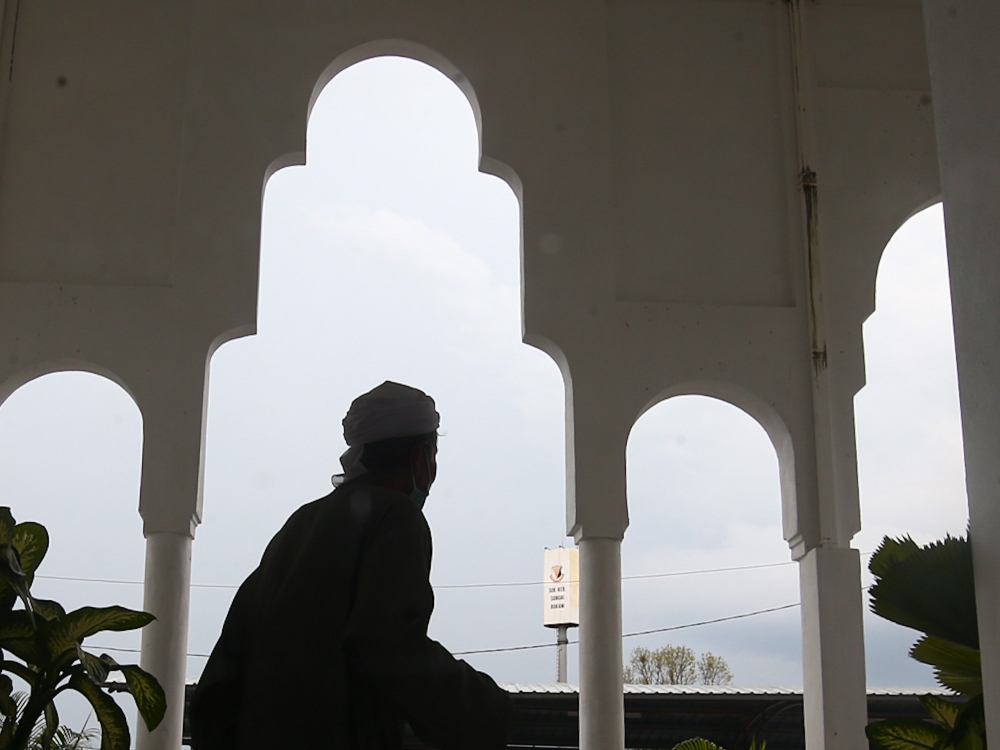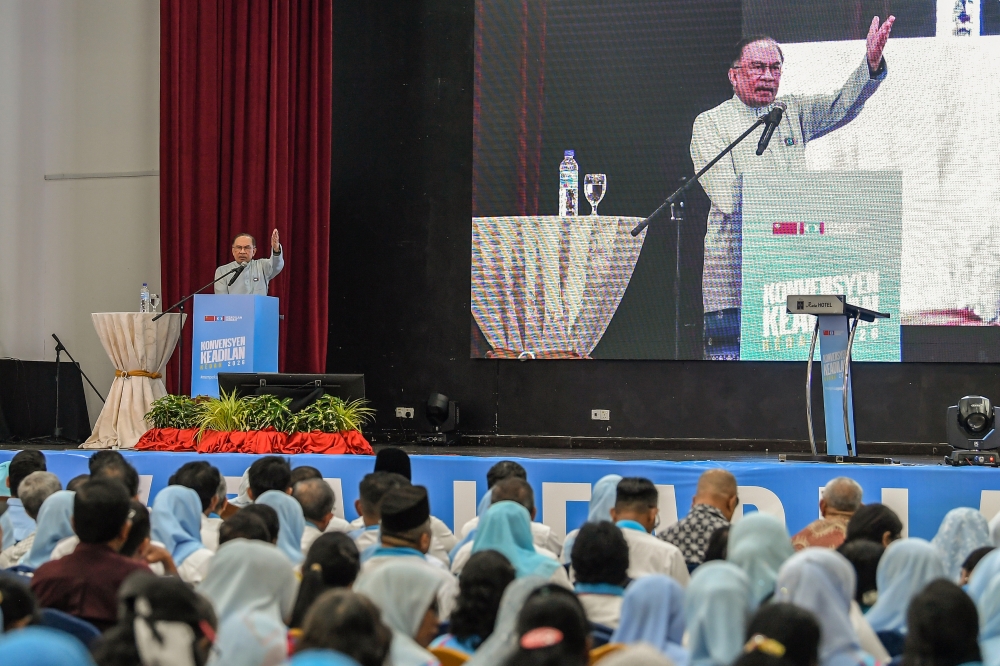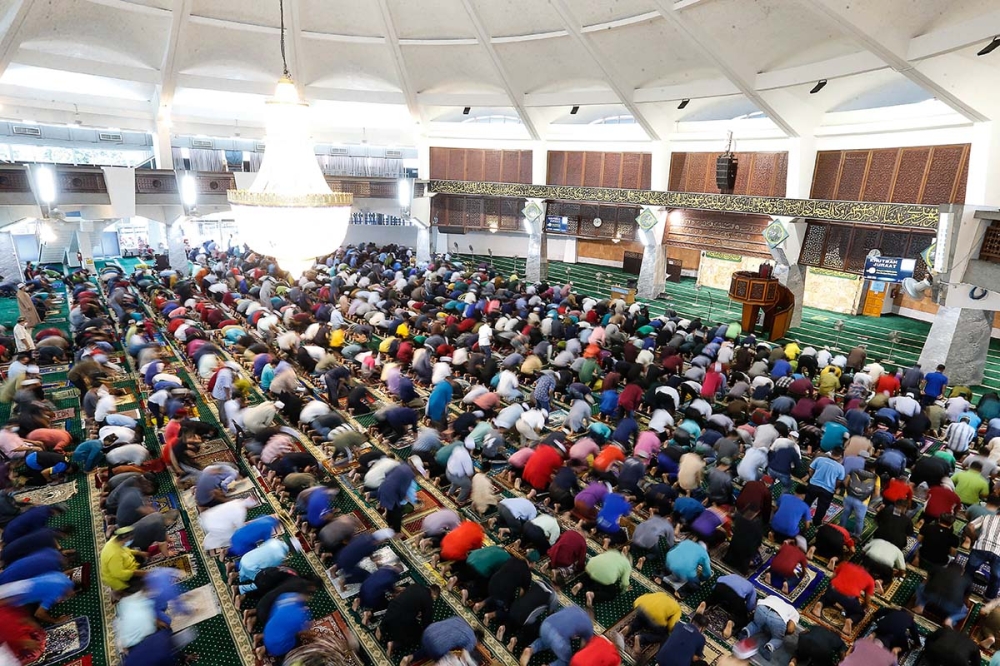AUGUST 13 — To prevent Malaysia from experiencing the second wave of Covid-19 infection, the standard operating procedures (SOPs) should not be overlooked at all by the rakyat, as they serve as our utmost protection in curbing the spread of the virus.
As a friendly reminder, our essential duties of wearing face masks, washing hands, applying hand sanitisers, tracking contacts, and physical distancing are still necessary regardless of whether we are citizens or foreigners in Malaysia.
Anhembi Morumbi University in São Paulo, Brazil has concluded that if 50 to 65 per cent of people are socially vigilant, then stepping down on physical distancing measures every 80 days will help avoid more peaks of infection over the next two years.
But Covid-19's recent rise is clear evidence that negligence on observing the government-imposed SOPs has finally shown its impact.
The emergence of the new clusters like Sivagangga and Kurau cluster is not meant to intimidate and create worries to people. Still, it is a right warning for us to be consistently following the SOPs just like what we did when there was a high level of SOP compliance during the previous phases of the movement control order (MCO).
Besides, experts have warned they are also worried that physical distancing fatigue, which is part of mental health breaking point, may set in when people start socialising with friends and families after spending challenging months isolated indoors.
Bloomberg also noted that physical distancing fatigue appears as the main challenge to curb the pandemic, possibly the main reason if ever there is a second wave of the outbreak in our country.
It shows that the pandemic is something that cannot be taken lightly as the states in northern Malaysia that had previously been raised as a model because of low Covid-19 infection are now no exception to being Covid-19's victim.
Since several countries have been affected by the Covid-19 second wave, Malaysia should also be prepared for it as reminded by the Ministry of Health director-general Datuk Dr Noor Hisham Abdullah.
The World Health Organisation (WHO) said that there is no indication Covid-19 is seasonal and could bounce back any time, and it also has predicted the second wave in the next six months and that Malaysia only has four months to the end of the year.
Thus, if we retain and tighten border control and also review the implementation of allowing the travel bubble to specific countries, it would be undoubtedly beneficial for the country.
Although the daily cases remain at one or two digits, we should not be too quick to judge that Malaysia has complete control over Covid-19's second wave of infection. Even Dr Noor Hisham has issued a gentle warning that if our country begins to loosen border control, the new wave of Covid-19 infections will likely occur.
Based on WHO, all countries should implement proportionate measures and advice on travel, based on risk assessments, and periodically review those measures.
Despite this, people should also avoid crowded and confined spaces as often as possible, and the highly vulnerable group, particularly children and the elderly, should not frequently be in public.
Everyone should be aware of the Recovery MCO, which is set to end on August 31 is not a golden ticket to ease the SOPs. The restrictions remain and need to be strictly followed.
And those people who were comfortably breaching the SOPs should bear in mind that their selfish act would slowly erode our beloved front-liners' previous efforts and sacrifices in combating the virus.
The emergence of the second wave of Covid-19 is probably due to breathing a sigh of relief too early while knowing the daily cases were only on one digit for a prolonged time and even nearly hit zero.
As confirmed by Nathalie MacDermott, a clinical lecturer in infectious diseases at King's College London, once there's a release in lockdown measures, people tend to interact more, and there will be new cases again.
Although the easing of the SOPs is inevitable as it aims to boost our domestic economy, the strict surveillance of the implementation of the SOPs and several additional precautionary measures will avoid the rise in cases.
As urged by the WHO, all countries should strengthen public health surveillance for case identification and contact tracing, especially in low-resource, vulnerable, or high-risk settings, and sustain essential health services with adequate funding, supplies and human resources.
What is clear is that Covid-19 will continue to disrupt and trigger more and more uncertainty that have never been imagined in various aspects, especially in the economic, public health, social and even education.
For example, students were unable to take examinations, and their grades had to be calculated based on teachers' estimates. Like at Harvard University, the number of new students who have decided to delay their studies has risen to about 20 per cent due to the pandemic.
Therefore, amid waiting for the arrival of the vaccine on the scene, we should not let our guard down and continue to adhere to the SOPs as prevention is still better than cure.
* Farhan Kamarulzaman is a research assistant at think-tank EMIR Research.
** This is the personal opinion of the writer(s) or organisation(s) and does not necessarily represent the views of Malay Mail.




